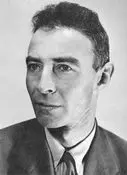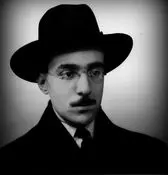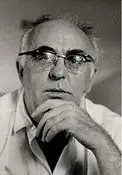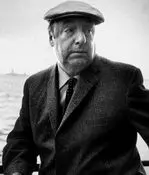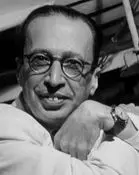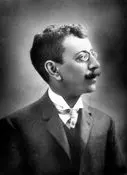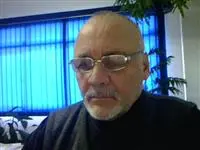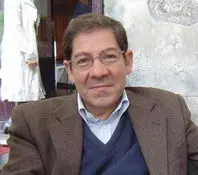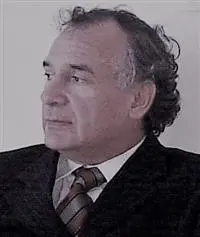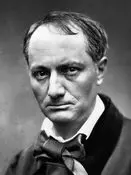

Jorge Luis Borges
Jorge Francisco Isidoro Luis Borges Acevedo Buenos Aires, 24 de agosto de 1899 — Genebra, 14 de junho de 1986 foi um escritor, poeta, tradutor, crítico literário e ensaísta argentino.
1899-08-24 Buenos Aires, Argentina
1986-06-14 Genebra, Suíça
1006226
13
77
Página para recordar al Coronel Suárez , vencedor en Junín
What do they matter now, the deprivations,
exile, the ignominies of growing old,
the dictator's shadow spreading across the land, the house
in Barrio del Alto, which his brothers sold while he fought,
the pointless days (days one hopes to forget,
days one know are forgettable),
when he had at least his burning hour on horseback
on the plateau of Junín, a stage for the future,
as if that mountain stage itself were the future?
What is time"s monotony to him, who knew
that fulfillment, that ecstasy, that afternoon?
Thirteen years he served in the Wars of Independence. Then fate took him to Uruguay, to the banks of the Río Negro.
In the dying afternoons he would think
of his moment which had flowered like a rose-
the crimson battle of Junín, the enduring moment
in which the lances crossed, the order of battle,
defeat at first, and in the uproar
(as astonishing to him as to the army)
his voice urging the Peruvians to the attack,
the thrill, the rive, the decisiveness of the charge,
the seething labyrinth of cavalries,
clash of the lances (not a single shot fired),
the Spaniard he ran through with his spear,
the headiness of victory, exhuastion, drowsiness descending,
and men dying in the marshes,
and Bolívar uttering words earmarked no doubt for history,
and the sun in the west by now, and water and wine
tasted as for the first time, and that dead man
whose face the battle had trampled on and obliterated...
His great-grandson is writing these lines,
and a silent voice comes to him out of the past,
out of the blood:
"What does my battle at Junín matter if it is only
a glorious memory, or a date learned by rote
for an examination, or a place in the atlas?
The battle is everlasting and can do without
the pomp of actual armies and of trumpets.
Junín is two civilians cursing a tyrant
on a street corner,
or an unknown man somewhere, dying in prison".
Translated by Alistair Reid
Jorge Luis Borges | "Poesia Completa", págs. 180, 181 | Debolsillo, 3ª. edição, 2016
exile, the ignominies of growing old,
the dictator's shadow spreading across the land, the house
in Barrio del Alto, which his brothers sold while he fought,
the pointless days (days one hopes to forget,
days one know are forgettable),
when he had at least his burning hour on horseback
on the plateau of Junín, a stage for the future,
as if that mountain stage itself were the future?
What is time"s monotony to him, who knew
that fulfillment, that ecstasy, that afternoon?
Thirteen years he served in the Wars of Independence. Then fate took him to Uruguay, to the banks of the Río Negro.
In the dying afternoons he would think
of his moment which had flowered like a rose-
the crimson battle of Junín, the enduring moment
in which the lances crossed, the order of battle,
defeat at first, and in the uproar
(as astonishing to him as to the army)
his voice urging the Peruvians to the attack,
the thrill, the rive, the decisiveness of the charge,
the seething labyrinth of cavalries,
clash of the lances (not a single shot fired),
the Spaniard he ran through with his spear,
the headiness of victory, exhuastion, drowsiness descending,
and men dying in the marshes,
and Bolívar uttering words earmarked no doubt for history,
and the sun in the west by now, and water and wine
tasted as for the first time, and that dead man
whose face the battle had trampled on and obliterated...
His great-grandson is writing these lines,
and a silent voice comes to him out of the past,
out of the blood:
"What does my battle at Junín matter if it is only
a glorious memory, or a date learned by rote
for an examination, or a place in the atlas?
The battle is everlasting and can do without
the pomp of actual armies and of trumpets.
Junín is two civilians cursing a tyrant
on a street corner,
or an unknown man somewhere, dying in prison".
Translated by Alistair Reid
Jorge Luis Borges | "Poesia Completa", págs. 180, 181 | Debolsillo, 3ª. edição, 2016
1383
0
Mais como isto
Ver também
 Escritas.org
Escritas.org

